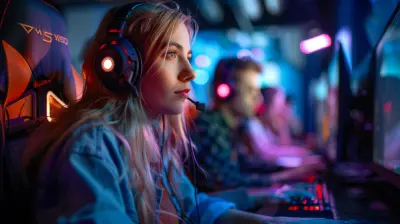The Rise of eSports: How Competitive Gaming Became Mainstream
22 September 2025
Once upon a time, gaming was a solitary (or at most, a small-group) activity—a way to kill time or unwind. Fast forward to today, and gaming has exploded into the global phenomenon we call eSports. What once felt like a niche subculture has now grown into a massive industry with packed arenas, multi-million-dollar prize pools, and celebrity gamers who command millions of fans across platforms like YouTube and Twitch. Yep, gaming has officially gone pro. The rise of eSports is one of the most fascinating stories in modern entertainment, so let’s dive in and unpack how gaming made the leap from a pastime to prime time.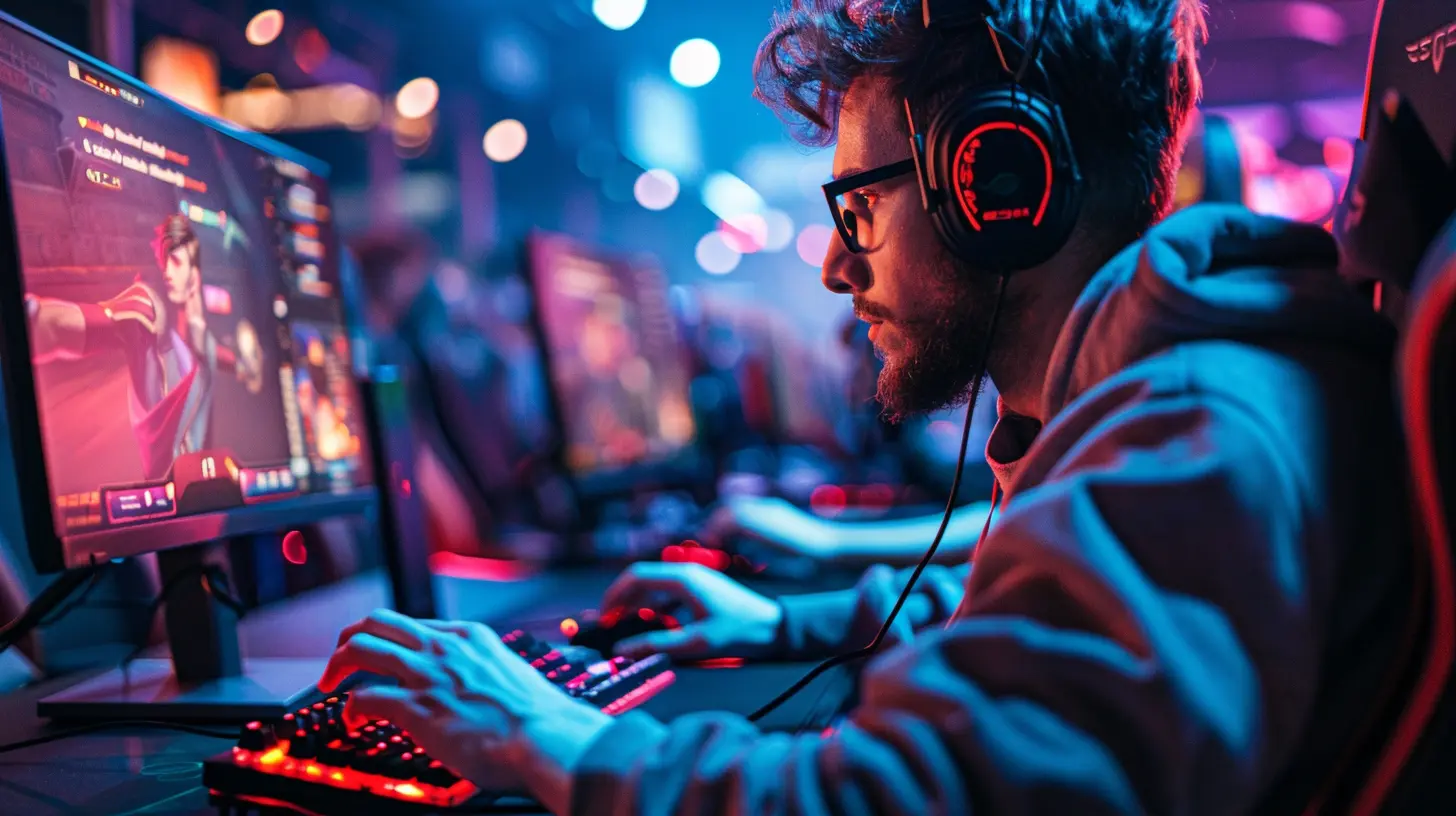
A Humble Beginning: The Early Days of Competitive Gaming
The origins of eSports are as humble as they come. Picture this—it's the early 1970s, and a group of Stanford University students are playing a game of Spacewar (yes, that was the actual name) on a big clunky computer. That casual tournament, held in 1972, is often credited as the first recorded instance of competitive gaming. The grand prize? A year-long subscription to Rolling Stone Magazine. Can you imagine today’s eSports champions getting hyped up over something like that?By the 1980s, competitive gaming started to gain traction among arcade enthusiasts. Games like Pac-Man and Donkey Kong became the proving grounds for gaming hotshots. High scores were a badge of honor. But even then, competitive gaming was still very niche. It wasn’t until the 1990s, with the rise of PC gaming, that things started to heat up. Titles like Doom, StarCraft, and Counter-Strike paved the way for what we now know as eSports.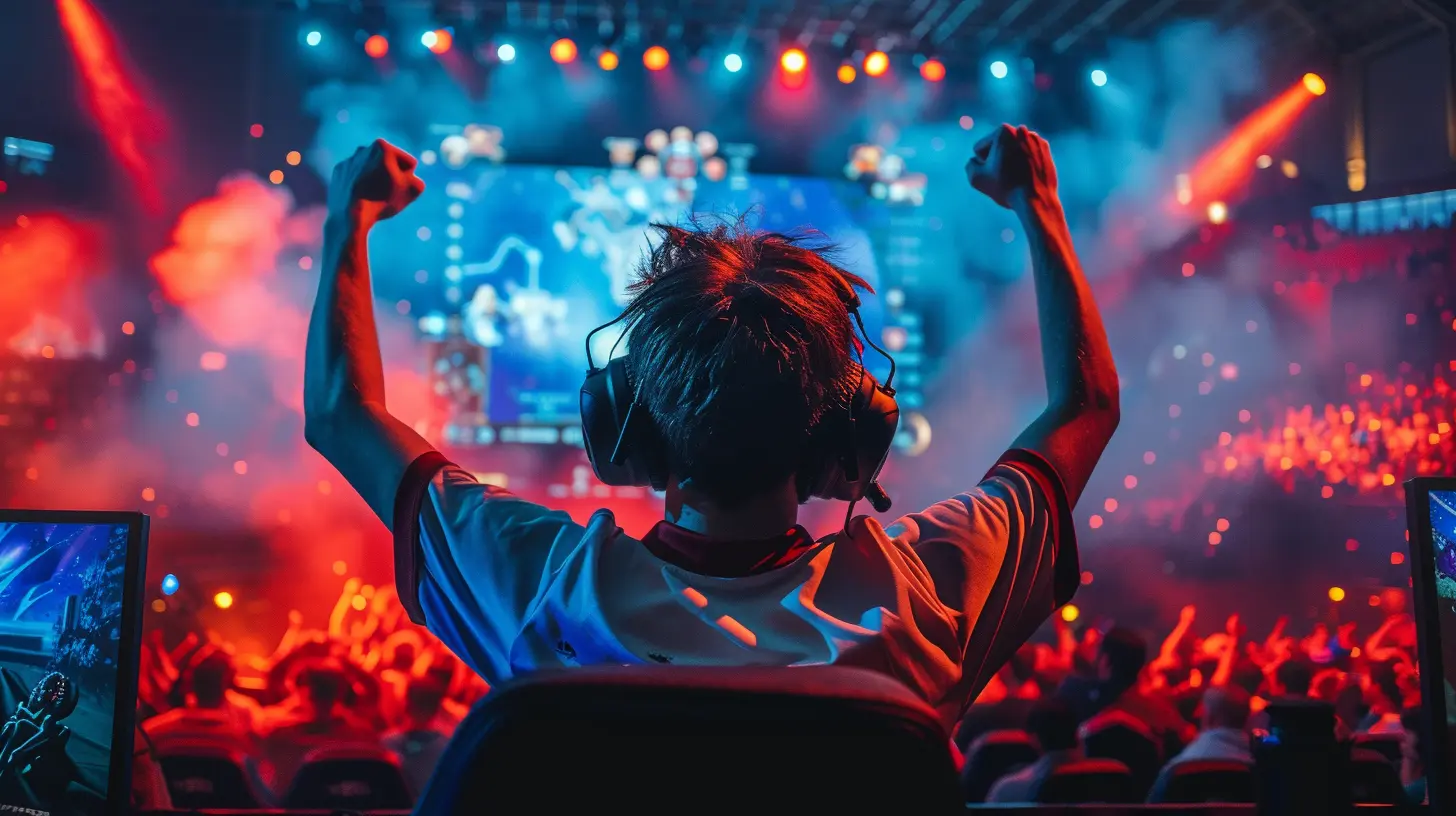
The Internet Changes Everything
Let’s pause for a second and give a slow clap to the internet. Without it, eSports wouldn’t be what it is today. In the late ‘90s and early 2000s, the internet revolutionized gaming by making multiplayer experiences more accessible. Instead of battling it out in musty arcades or connecting PCs with LAN cables (shout-out to anyone who remembers LAN parties), players could now compete from the comfort of their own homes.With this new connectivity, games like StarCraft became a cultural phenomenon—especially in South Korea, which quickly emerged as the epicenter of competitive gaming. Pro players were treated like rock stars, and televised gaming competitions became a legit form of entertainment. South Korea basically gave us the template for modern eSports.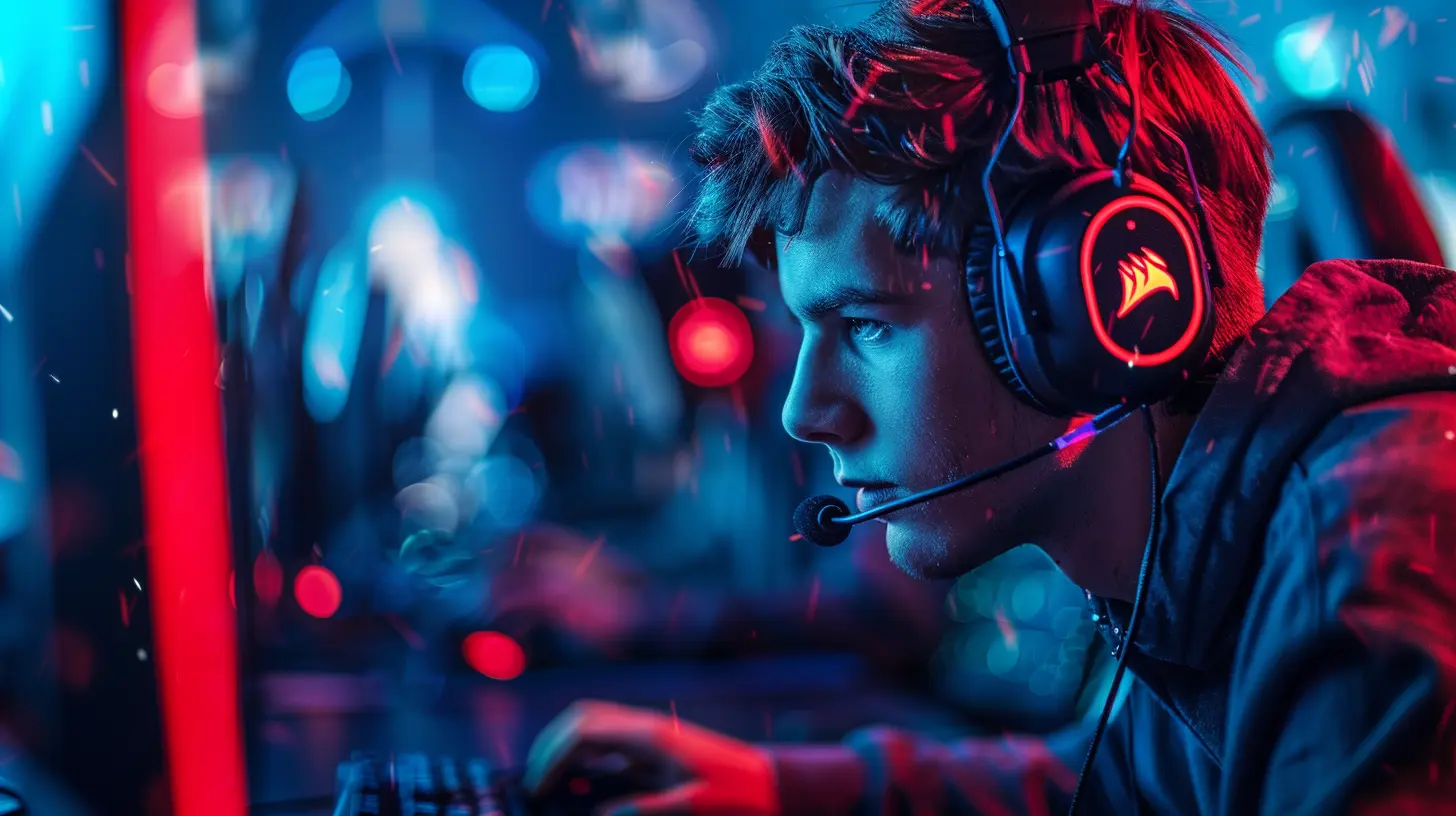
Enter Streaming: The Game-Changer
If the internet laid the groundwork, live streaming poured rocket fuel on the eSports fire. The rise of platforms like Twitch, YouTube Gaming, and even Facebook Gaming utterly transformed the ecosystem. Suddenly, gamers weren’t just playing—they were broadcasting to millions of viewers around the world.Remember when people would scoff and ask, “Why would anyone watch someone else play video games?” Yeah, well, tell that to the 5.4 million people who tuned in for the 2021 League of Legends World Championship Finals. Watching eSports has become just as entertaining as watching traditional sports. Heck, maybe even more so for some people! The games are fast-paced, the commentary is electric, and you can interact with fellow fans in real-time through chat.
Streaming also allowed players to build personal brands. Names like Ninja, Faker, and Shroud became household names. They’re not just gamers—they’re influencers, entertainers, and in some cases, millionaires.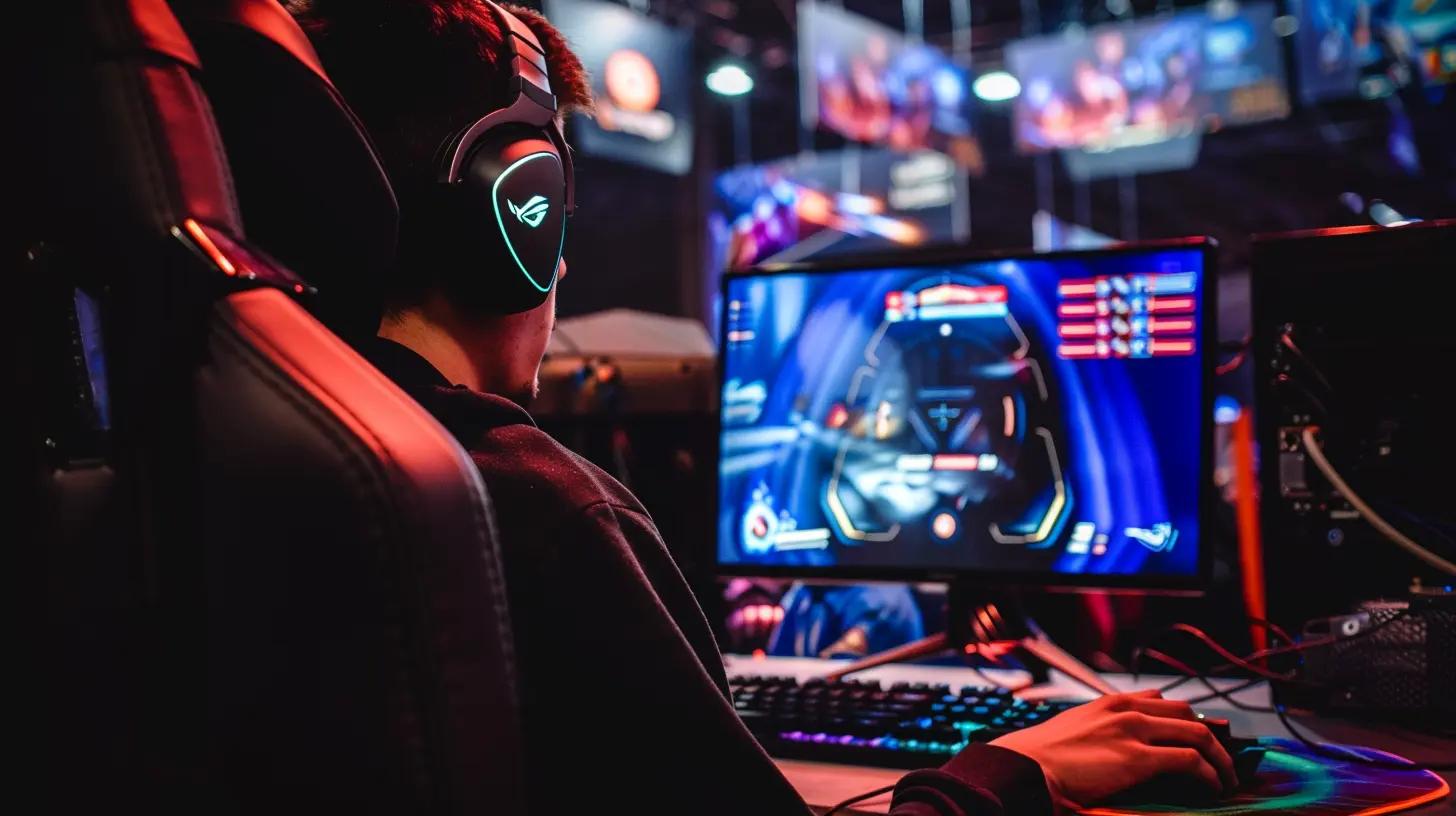
The Business Side of eSports: Big Money and Big Dreams
Speaking of millionaires, let’s talk about the money. eSports is an industry worth billions (yes, with a “B”), and it’s only getting bigger. From sponsorship deals to advertising revenue, merchandise, and tournament prize pools, there’s serious cash flowing into the scene.Take Dota 2’s “The International” tournament, for example. Its prize pool hit a jaw-dropping $40 million in 2021. Imagine walking away from a video game tournament with life-changing money—that’s the reality for today’s top eSports pros. And it’s not just about the players. We’re talking about entire organizations, like Team Liquid and Fnatic, which operate like professional sports teams—complete with coaches, managers, and analysts.
Let’s not forget the brands either. Companies like Intel, Red Bull, and even Louis Vuitton (yes, the luxury fashion brand) have jumped on the eSports bandwagon. Why? Because eSports has what every brand covets: a young, tech-savvy, and highly engaged audience. Advertisers are willing to pay top dollar to get their products in front of these fans.
Breaking the Stereotypes: It’s Not “Just Playing Games”
For the longest time, gaming faced a ton of stigma. “Go outside and play,” people used to say. Or, “Playing video games won’t get you a real job.” Yeah, how’s that holding up now?Professional eSports athletes are just that—athletes. They train for hours every day, honing skills like reflexes, coordination, and strategic thinking. Teams watch replays to analyze their performance, study their opponents, and develop game plans. Sound familiar? It’s exactly what traditional sports teams do.
And here’s the kicker: eSports isn’t limited by physical ability, which makes it one of the most inclusive competitive spaces. It doesn’t matter how tall, strong, or fast you are. What matters is skill, dedication, and a love for gaming.
eSports in Education: A Legit Career Path?
The rise of eSports has paved the way for new opportunities, especially for younger generations. Believe it or not, some colleges and universities now offer eSports scholarships. Yep, just like football or basketball scholarships. There are even dedicated eSports programs that teach students about game design, marketing, and event management.Careers in eSports aren’t limited to just being a player either. There’s a need for shoutcasters (those energetic commentators you hear during matches), game developers, social media managers, and more. The industry’s growth is creating jobs that didn’t even exist a decade ago.
eSports and the Olympics: Are We Ready for That?
Here’s a fun question—should eSports be a part of the Olympics? It’s a hot topic that divides even the most die-hard gaming fans. On one hand, eSports certainly fits the definition of a competitive and skill-based activity. On the other hand, the Olympics has always been about physical athleticism (though let’s not forget chess has been considered!).The debate continues, but one thing’s for sure: eSports is already reaching a level of global recognition that puts it in the same conversation as traditional sports. Whether it gets the Olympic nod or not, it’s clear gaming isn’t going anywhere.
What’s Next for eSports?
eSports is still young, and its potential is massive. With advancements in technology like virtual reality (VR) and augmented reality (AR), new kinds of gaming experiences are on the horizon. Could we see VR-powered eSports tournaments where players physically move around in hyper-immersive digital worlds? It’s not that far-fetched.There’s also the question of how eSports will impact traditional sports. Some sports organizations, like the NBA and Formula 1, have already embraced gaming by creating their own eSports leagues. Will the two worlds continue to blend? It’s entirely possible.
Final Thoughts
The rise of eSports is nothing short of extraordinary. It’s a story of passion, innovation, and community. What started as a fun hobby has turned into a global cultural force, changing how we think about entertainment, competition, and even careers.So, next time someone tells you gaming is a waste of time, feel free to hit them with this: eSports isn’t just gaming—it’s a billion-dollar industry, a legitimate career path, and, for millions of fans around the world, one of the most exciting forms of entertainment out there. Game on!
all images in this post were generated using AI tools
Category:
Gaming CultureAuthor:

Tayla Warner
Discussion
rate this article
1 comments
Isaiah Blair
Who knew pixelated warriors and strategic couch potatoes would unite to conquer the world? Next stop: eSports Olympics, anyone?
September 24, 2025 at 2:32 AM

Tayla Warner
Absolutely! It's amazing how diverse communities have come together, and the future of eSports holds exciting possibilities, including potential Olympic inclusion!
